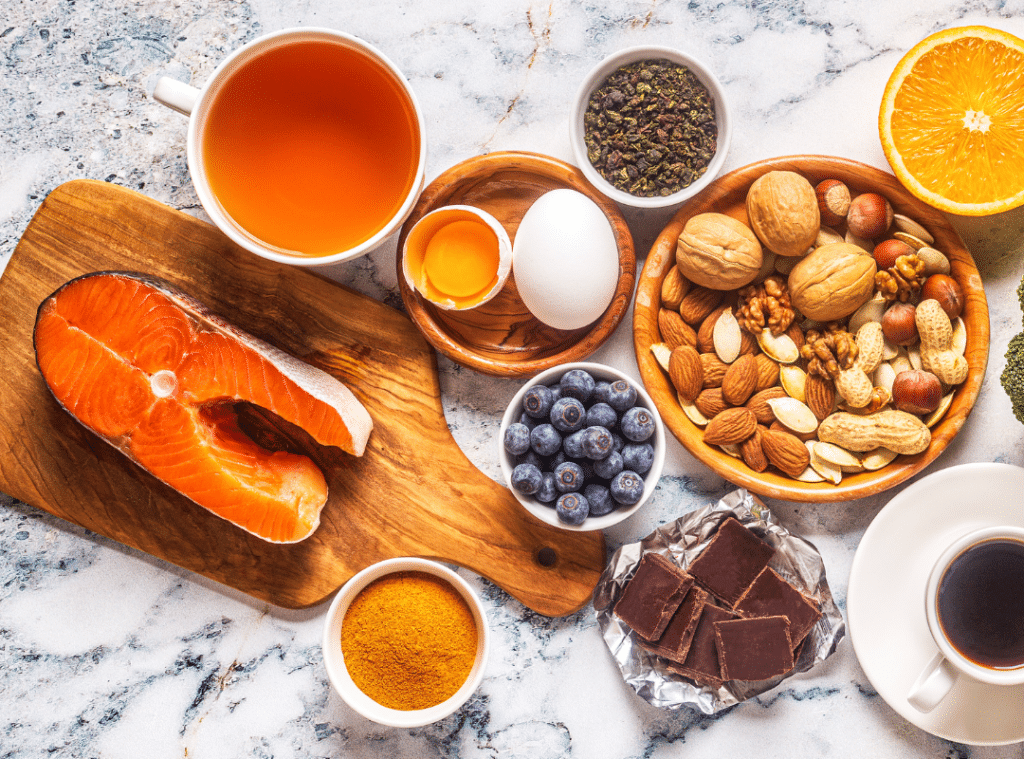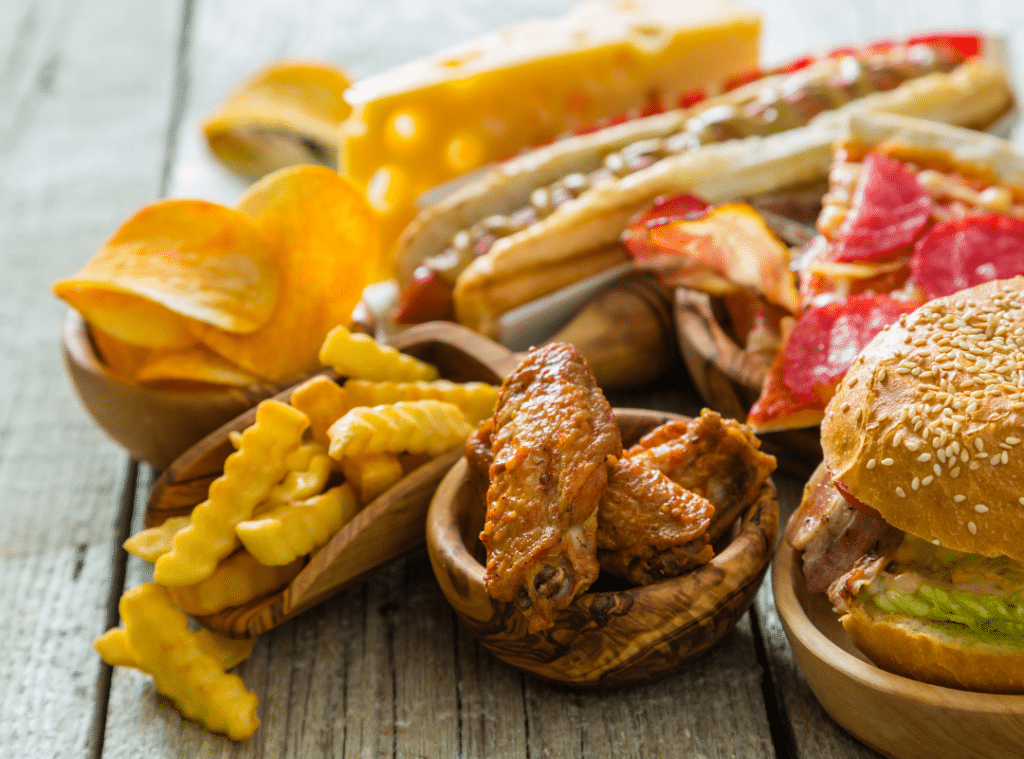What Are the 5 Worst Foods for Memory Loss? Learn and Avoid
Your brain is a garden, and certain foods are like weeds that choke out the vibrant blooms of memory. At Westmont of Culver City, we understand the importance of nurturing cognitive health, and that means steering clear of five specific culprits that can sap your mental clarity and contribute to memory loss. Each food degrades your brain function, but identifying them is just the first step. What are these harmful choices, and how can you replace them with healthier options? The answers might surprise you.

What are the 5 worst foods for memory loss?
When protecting your memory, being aware of what you eat is essential. Certain foods can negatively impact cognitive function, making identifying and limiting them vital.
First, trans fats, often found in margarine and processed snacks, have been linked to inflammation and cognitive decline.
Next, high-fructose corn syrup, prevalent in sugary beverages and desserts, can lead to insulin resistance, which may impair memory.
Artificial sweeteners, commonly present in diet sodas, are associated with brain inflammation and potential cognitive deficits over time.
Additionally, excessive sodium intake from processed foods can raise blood pressure, damaging the blood vessels in your brain and increasing the risk of cognitive decline.
Finally, fried foods, rich in unhealthy fats, contribute to inflammation and may harm your thinking skills.

What are the 5 best foods for memory?
Eating a brain-boosting diet can greatly enhance your memory and cognitive function. Incorporating nutrient-rich foods is key to supporting brain health.
First, fatty fish like salmon and trout are packed with omega-3 fatty acids, essential for brain function and known to improve memory.
Second, blueberries are rich in antioxidants that help combat oxidative stress and may delay brain aging.
Third, leafy greens, such as spinach and kale, provide crucial nutrients like vitamin K, linked to better cognitive performance.
Fourth, nuts, especially walnuts, are excellent sources of healthy fats and antioxidants that promote brain health.
Finally, whole grains, like oats and quinoa, provide a steady supply of glucose, which is essential for maintaining focus and concentration.

Foods that cause memory loss
Incorporating healthy foods into your diet can boost memory and cognitive function, but knowing what you should avoid is equally important. Certain foods negatively impact your brain health and can contribute to memory loss.
High-fructose corn syrup (HFCS), often found in sodas and processed snacks, is linked to obesity and insulin resistance, both of which can harm cognitive function.
Artificial sweeteners, commonly present in diet drinks, may cause brain inflammation and cognitive deficits over time.
Trans fats, found in margarine and many packaged goods, lead to inflammation and reduced blood flow to the brain, increasing the risk of dementia.
High-sodium foods, prevalent in processed meats and chips, can raise blood pressure, damage brain blood vessels, and affect memory.
Finally, regular consumption of sugary beverages and fried foods can trigger inflammation and cognitive decline, impairing your ability to think clearly.
Reducing or eliminating these foods from your diet can foster better cognitive health for yourself and those you serve.
Prioritizing a balanced diet is essential for maintaining and enhancing memory function.
To safeguard your memory, avoid those five frightening foods that can sabotage your cognitive health. By avoiding trans fats, high-fructose corn syrup, artificial sweeteners, excessive sodium, and fried foods, you’re taking a proactive step toward preserving your precious mental clarity. Embrace a diet rich in brain-boosting benefits, and you’ll foster a flourishing future for your mind. Remember, your choices today can create a cascade of cognitive care tomorrow! For more information on maintaining cognitive health, contact Westmont of Culver City at 310-736-4118.
Dive into the vibrant life our Westmont communities have to offer.Find Where You Belong
FAQs on Diet and Memory Loss
- What is the number one food that accelerates memory loss?
Highly processed foods, particularly those high in refined sugars and trans fats, are considered the top contributors to memory loss. These foods can lead to inflammation and oxidative stress in the brain, negatively affecting cognitive function over time. - What is the #1 worst eating habit for memory loss?
Consistently consuming a diet high in processed and sugary foods is the worst habit for memory health. Over time, this can lead to insulin resistance, impaired brain function, and increased risk of neurodegenerative diseases like Alzheimer’s. - What is the number one food to avoid?
Sugary beverages, such as soda and energy drinks, are among the top foods to avoid for brain health. They contribute to inflammation, negatively impact brain structure, and lead to memory and learning difficulties. - Is potato bad for memory?
Potatoes are not inherently bad for memory, but consuming them in highly processed forms (like fries or chips) can be detrimental. Whole, unprocessed potatoes can provide nutrients, but moderation is key to maintaining balanced blood sugar and brain health.








